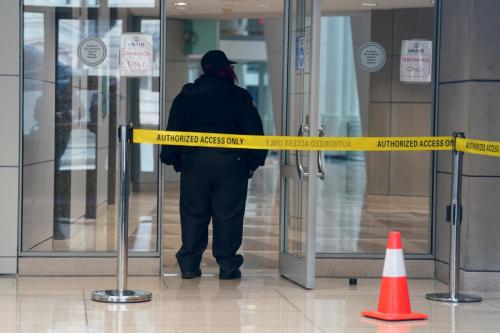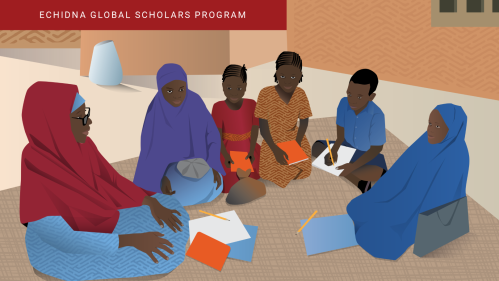

9:30 am EST - 11:30 am EST
Past Event
9:30 am - 11:30 am EST
1775 Massachusetts Ave., NW
Washington, DC
Congressional approval ratings stand at an all-time low and grassroots movements such as Occupy Wall Street and the Tea Party are mobilizing citizens to engage in the democratic process and push for change. But do America’s young people have the tools they need to assess candidates for public office and influence the policy process? The statistics say no. According to a new book edited by David Feith, young Americans know little about the Bill of Rights, the democratic process, or the civil rights movement. Three of every four high school seniors aren’t proficient in civics, nine of ten aren’t proficient in U.S. history, and the problem is aggravated by a lack of civic education at the university level.
On January 9, Brookings hosted a discussion of Teaching America: The Case for Civic Education (Rowman & Littlefield Education, 2011). Contributing authors laid out their proposals for strengthening civic education in a discussion moderated by Brookings Senior Fellow William Galston. This event is part of the Governing Ideas series intended to broaden the discussion of governance issues through forums on history, culture, legal norms and practices, values and religion.
After the program, panelists took audience questions.


Hady Amr, Belinda Archibong, Norman Eisen, Marcela Escobari, Vanda Felbab-Brown, Jeffrey Feltman, Jonathan Katz, Cameron F. Kerry, Emily Markovich Morris, Modupe (Mo) Olateju, Ghulam Omar Qargha, Zia Qureshi, Sophie Rutenbar, Sweta Shah, Landry Signé, Shibley Telhami, David G. Victor +12 more
September 19, 2025

Scott R. Anderson, Vanda Felbab-Brown, Jeffrey Feltman, Caren Grown, Michael Hansen, George Ingram, Thomas Pepinsky, Anthony F. Pipa, Ghulam Omar Qargha, Molly E. Reynolds, Sweta Shah, Landry Signé +7 more
February 4, 2025

Halimatou Hima
January 22, 2025